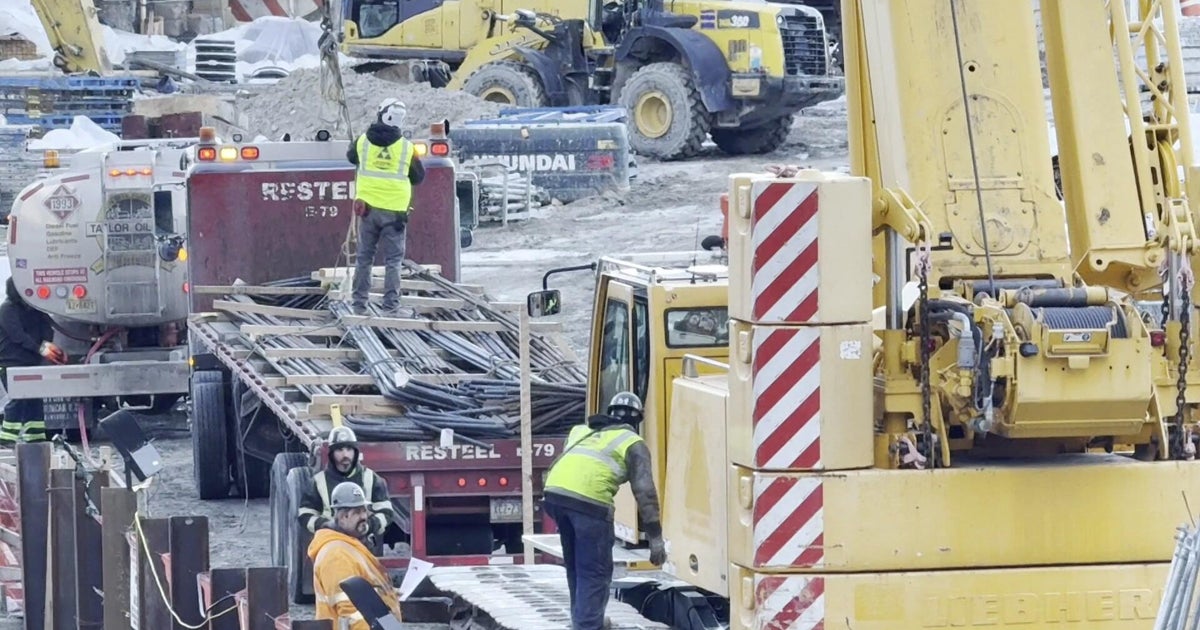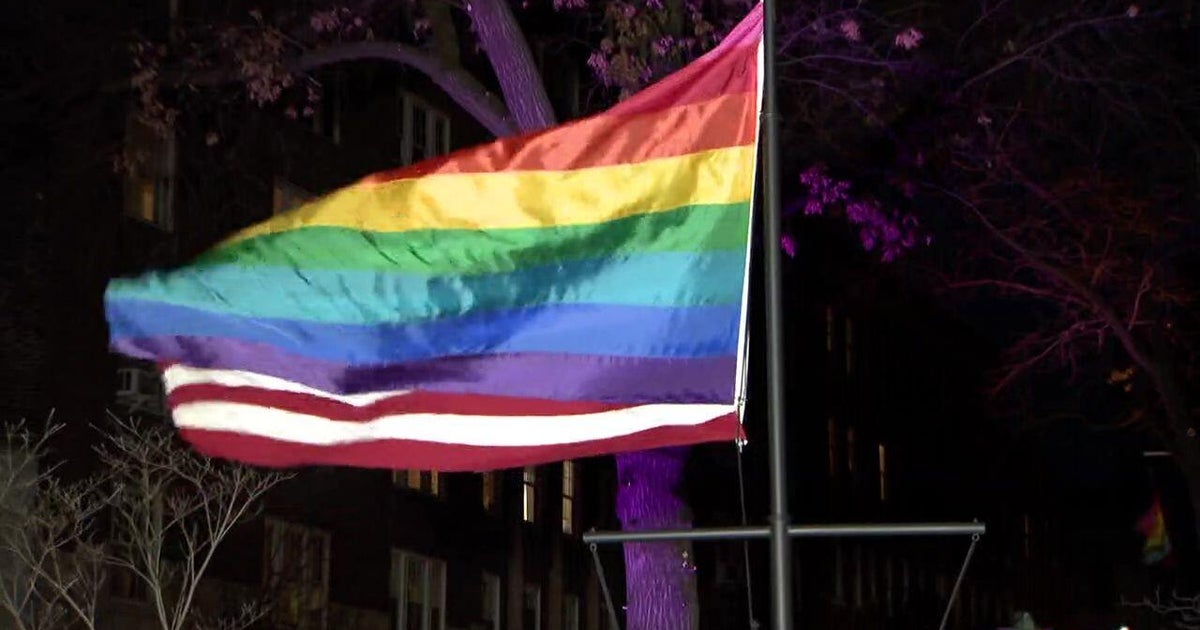High Court Nominee Gets Started Answering Questions
WASHINGTON (AP) — President Donald Trump's choice for the Supreme Court has given members of Congress a pile of material to help them start judging the judge.
Judge Brett Kavanaugh responded to a Senate Judiciary Committee questionnaire that probes his career as an attorney and jurist, his service in the executive branch, education, society memberships and more.
Running 110 pages, plus appendices, his response released Saturday is an opening look at a long paper trail that lawmakers will consider as they decide whether to confirm him. The high court appointment could shift the court rightward for years to come.
A longtime figure in the Washington establishment, Kavanaugh acknowledged in the questionnaire that he had joined clubs that he said once had discriminatory membership policies.
"Years before I became a member of the Congressional Country Club and the Chevy Chase Club, it is my understanding that those clubs, like most similar clubs around the country, may have excluded members on discriminatory bases that should not have been acceptable to people then and would not be acceptable now," he wrote.
Asked to list the 10 most significant cases for which he sat as a judge, Kavanaugh cited nine in which "the position expressed in my opinion (either for the court or in a separate writing) was later adopted by the Supreme Court."
The 10th regarded a man fired by mortgage giant Fannie Mae after he filed a discrimination complaint that alleged a company executive had created a hostile work environment by calling the worker "the n-word." Kavanaugh said he included it "because of what it says about anti-discrimination law and American history."
Kavanaugh said an appeals court panel on which he sat reversed a lower court's ruling in favor of Fannie Mae. He said he joined the majority opinion and wrote a separate concurrence "to explain that calling someone the n-word, even once, creates a hostile work environment."
In the questionnaire, Kavanaugh cited his opinion in that case: "No other word in the English language so powerfully or instantly calls to mind our country's long and brutal struggle to overcome racism and discrimination against African-Americans.'" But it was one of the relatively few discrimination cases in which Kavanaugh sided with a complaining employee.
Offering a timeline leading to his nomination, he said White House counsel Don McGahn called him the day Justice Anthony Kennedy announced his retirement, June 27, and they met the next day. Trump interviewed him July 2, with McGahn present, and Vice President Mike Pence interviewed him July 4. Kavanaugh spoke by phone with the president on July 8 and that evening met at the White House with Trump and his wife, Melania, where he said he was offered and accepted the nomination.
Asked whether anyone sought assurances from him about the stand he might take on a specific case or issue, he answered "No." He also said he had not offered any indication how he might rule as a justice.
Kavanaugh has written some 300 rulings as an appeals court judge and has a record in the George W. Bush White House as well as in Kenneth Starr's probe of President Bill Clinton that led to Clinton's impeachment trial in 1990s.
Republican Sen. Chuck Grassley, the committee chairman, said the questionnaire was "the broadest and most comprehensive" ever sent by the committee and he welcomed "Judge Kavanaugh's diligent and timely response."
The nominee told lawmakers he registered for the Selective Service in his younger days but did not serve in the armed forces.
(© Copyright 2018 The Associated Press. All Rights Reserved. This material may not be published, broadcast, rewritten or redistributed.)







